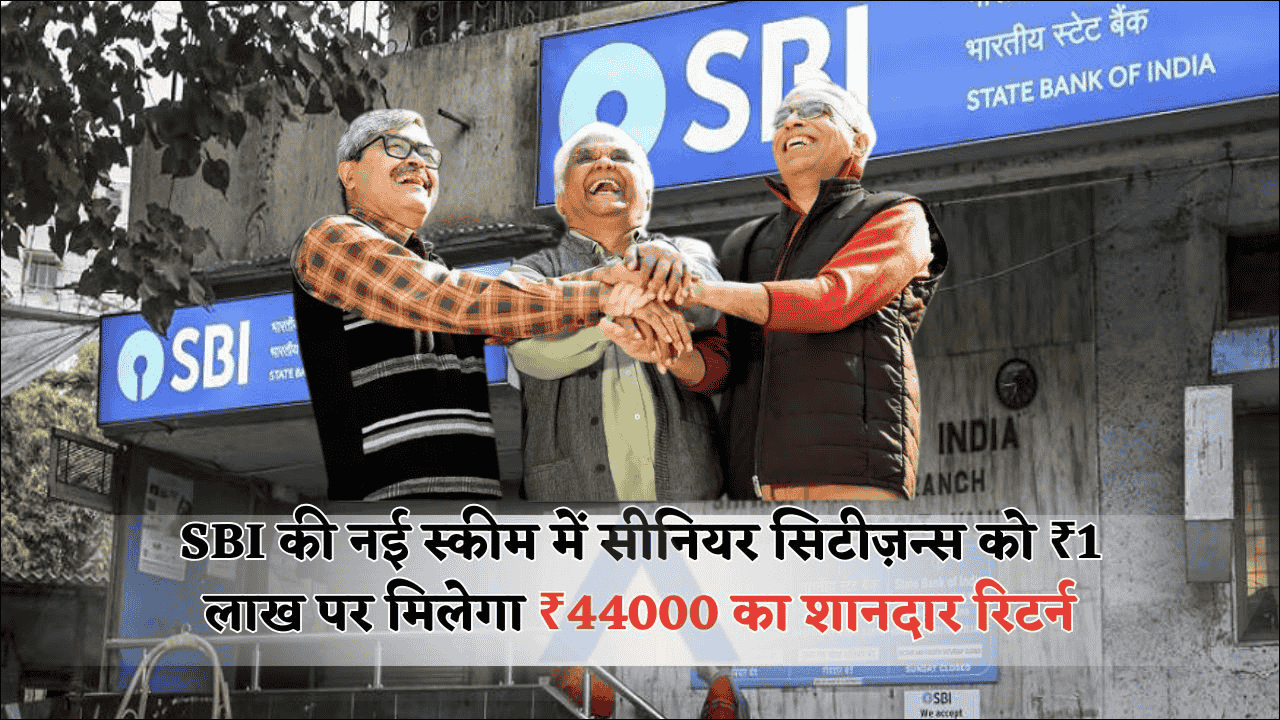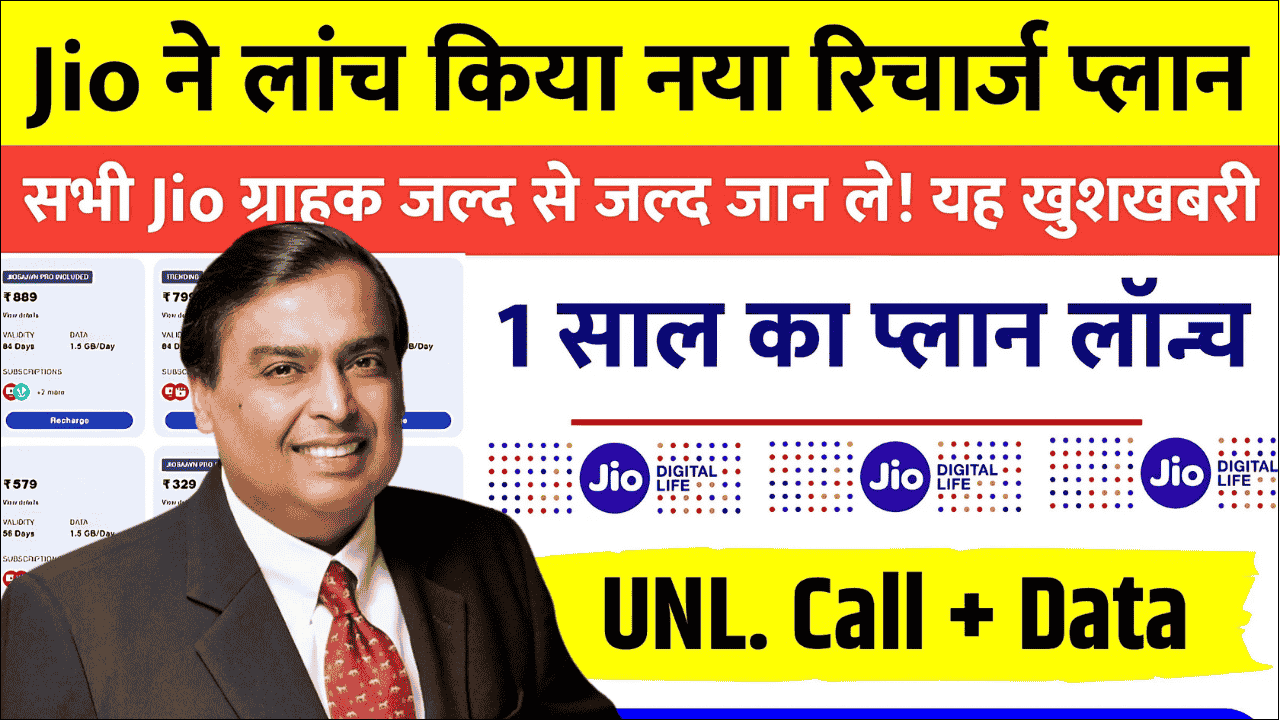
In a groundbreaking reform that promises to transform teacher education in India, the National Council for Teacher Education (NCTE) has announced the reintroduction of one-year Bachelor of Education (B.Ed) and Master of Education (M.Ed) programs. This major policy shift, effective from the 2026-27 academic session, represents a significant departure from the current two-year B.Ed requirement that has been in place since 2014.
The decision comes as part of broader educational reforms aligned with the National Education Policy (NEP) 2020, aiming to make teacher education more flexible, accessible, and efficient for aspiring educators across the country.
Historic Policy Reversal: From Two Years Back to One
The NCTE’s decision to revert to one-year teacher education programs marks a complete reversal of its 2014 policy. Back then, the council extended B.Ed programs from one year to two years, believing that longer duration would ensure more comprehensive training and meet global educational standards.
However, after nearly a decade of implementation, the two-year format faced several challenges. NCTE Chairman Pankaj Arora highlighted that the two-year M.Ed course failed to generate enthusiasm among students, leading to vacant seats and stagnation in curriculum improvements.
Timeline of B.Ed Duration Changes:
| Period | Duration | Key Changes |
|---|---|---|
| Pre-2014 | 1 Year | Traditional format |
| 2014-2026 | 2 Years | Extended for comprehensive training |
| 2026-27 onwards | 1 Year | Reintroduced for flexibility |
Key Features of the New One-Year B.Ed Program
Eligibility Criteria Simplified
The new one-year B.Ed program maintains straightforward eligibility requirements that make it accessible to a broader range of candidates. The eligibility criteria for 1 Year B.Ed. course in India is that the candidate must me a graduate (bachelor’s degree) from a recognized university with a minimum of 50% marks.
Eligibility Requirements:
| Qualification | Minimum Marks | Additional Requirements |
|---|---|---|
| Bachelor’s Degree | 50% aggregate | Any stream from recognized university |
| Master’s Degree | 50% aggregate | Optional but advantageous |
| Age Limit | 21-35 years | Varies by state and institution |
| Entrance Exam | State-specific | CET, JEE, or merit-based |
Comprehensive Curriculum Design
Despite the reduced duration, the one-year B.Ed program will maintain comprehensive coverage of essential teaching competencies. The curriculum includes three core areas:
Curriculum Structure:
| Core Area | Focus | Components |
|---|---|---|
| Perspectives in Education | Educational philosophy and psychology | Child development, learning theories |
| Curriculum and Pedagogical Studies | Teaching methodologies | Subject-specific pedagogy, assessment |
| Engagement with Field | Practical training | Teaching practice, internships |
Implementation Strategy and Timeline
Phased Rollout Approach
The National Council for Teacher Education (NCTE) has announced the return of one-year Bachelor of Education (B.Ed) and Master of Ed programs from the 2026-27 academic session. This provides institutions and students ample time to prepare for the transition.
Implementation Timeline:
| Academic Year | Program Status | Action Required |
|---|---|---|
| 2025-26 | Preparation Phase | Curriculum development, faculty training |
| 2026-27 | Launch Year | First batch of one-year B.Ed admission |
| 2027-28 | Full Implementation | Regular operations established |
Coexistence with Existing Programs
The reintroduction doesn’t eliminate existing programs entirely. The existing two-year M.Ed course will continue in a part-time format for working professionals, including teachers and education administrators. This dual approach ensures flexibility for different categories of learners.
Benefits for Aspiring Teachers
Faster Entry into Teaching Profession
The primary advantage of the one-year B.Ed program is the accelerated pathway to teaching careers. Graduates can enter the profession one year earlier, addressing the chronic teacher shortage in Indian schools more effectively.
Career Advantages:
| Benefit | One-Year Program | Two-Year Program |
|---|---|---|
| Time to Employment | 1 year post-graduation | 2 years post-graduation |
| Cost Effectiveness | Lower total fees | Higher total investment |
| Career Flexibility | Earlier specialization options | Extended theoretical exposure |
| Market Readiness | Quicker workforce entry | More comprehensive preparation |
Enhanced Accessibility
The shorter duration makes teacher education more accessible to economically disadvantaged students who cannot afford extended periods of study. This democratization of teacher education could lead to more diverse teaching workforce.
Alignment with NEP 2020 Vision
Flexible Education Pathways
This policy change aligns with the National Education Policy (NEP) 2020, which envisions flexible pathways for teacher education. The policy emphasizes multiple entry and exit points in higher education, and the one-year B.Ed option provides exactly such flexibility.
Integration with Degree Programs
The reforms also include the expansion of Integrated Teacher Education Programs (ITEP). The ITEP, a four-year teacher education programme (BA B.Ed/B.Sc B.Ed/B.Com B.Ed), introduced in 57 institutions in 2023-24, will become a mainstream course from 2025-26.
Multiple Pathways Available:
| Program Type | Duration | Entry Point | Target Group |
|---|---|---|---|
| Traditional B.Ed | 1 Year | After graduation | Working professionals |
| Integrated ITEP | 4 Years | After Class 12 | Fresh school leavers |
| Part-time M.Ed | 2 Years | For working teachers | In-service educators |
| Specialized ITEP | 4 Years | Subject-specific entry | Specialized teaching fields |
Impact on Teacher Education Landscape
Addressing Teacher Shortage
India faces a significant shortage of qualified teachers, particularly in rural and remote areas. The one-year B.Ed program could help address this crisis by producing teachers more quickly while maintaining quality standards.
Quality Assurance Measures
Despite the reduced duration, quality assurance remains paramount. The NCTE has introduced several measures to maintain educational standards:
- Mandatory accreditation every five years
- Standardized curriculum frameworks
- Enhanced practical training components
- Regular monitoring and evaluation
Institutional Changes and Requirements
Multidisciplinary Institution Mandate
According to the latest NCTE regulations, single B.Ed colleges will no longer be permitted. B.Ed programs will now only be allowed in multidisciplinary institutions, meaning colleges that offer multiple degree programs such as BA, BSc, BCom, etc., alongside B.Ed.
New Institutional Requirements:
| Requirement | Current Rule | Rationale |
|---|---|---|
| Institution Type | Must be multidisciplinary | Better academic environment |
| Intake Limit | Maximum 50 students per batch | Quality over quantity |
| Collaboration | Mandatory for standalone colleges | Resource sharing |
| Infrastructure | Enhanced facility requirements | Improved learning outcomes |
Challenges and Considerations
Curriculum Compression Concerns
The main challenge lies in compressing two years of content into one year without compromising quality. Institutions will need to:
- Redesign curriculum for efficiency
- Integrate theory with practical training
- Enhance faculty capabilities
- Improve infrastructure utilization
Market Acceptance
Educational institutions, school administrators, and education departments will need time to adapt to graduates from one-year programs. Building confidence in the new system will require demonstrated outcomes and success stories.
Future Outlook and Expansion
Specialized Programs Introduction
Four specialised ITEP programmes in Yoga, Physical Education, Sanskrit Education, and Art Education will be introduced from the 2025-26 session. This expansion shows the government’s commitment to diversified teacher education.
Technology Integration
The new programs are expected to leverage technology more effectively, incorporating digital teaching methods, online resources, and virtual classroom training to maximize learning within the compressed timeframe.
Frequently Asked Questions
Q: When will the one-year B.Ed program start, and can current students benefit from this change?
A: The one-year B.Ed program will commence from the 2026-27 academic session. Current students in two-year programs will complete their existing courses, but new admissions from 2026-27 can opt for the shorter duration.
Q: Will employers and schools accept graduates from one-year B.Ed programs?
A: Yes, the one-year B.Ed will have the same recognition and validity as the current two-year program. NCTE ensures that curriculum quality and practical training requirements are maintained despite the reduced duration.
Q: What happens to existing two-year B.Ed programs after 2026-27?
A: Two-year programs will continue for specific categories, particularly part-time courses for working professionals. The system will offer multiple pathways to accommodate different learner needs and circumstances.
Q: Are there any changes in entrance exam patterns or eligibility criteria?
A: The basic eligibility remains the same – graduation with 50% marks from a recognized university. However, entrance exam patterns may be updated to assess candidates’ readiness for the intensive one-year program format.
Conclusion: A New Era in Teacher Education
The reintroduction of one-year B.Ed programs represents a bold step toward making teacher education more responsive to contemporary needs. By reducing the time barrier to entry while maintaining quality standards, this reform could significantly impact India’s education system.
The success of this initiative will depend on effective implementation, quality assurance measures, and the education sector’s readiness to embrace change. For aspiring teachers, this development offers an exciting opportunity to enter the profession more quickly while still receiving comprehensive training.
As India moves toward this new model of teacher education, the focus remains on producing competent, motivated educators who can contribute meaningfully to the nation’s educational development.
This reform aligns with global trends toward flexible, efficient education systems while addressing India’s specific challenges of teacher shortage and accessibility. The coming years will be crucial in determining how well this policy translates into improved educational outcomes across the country.







